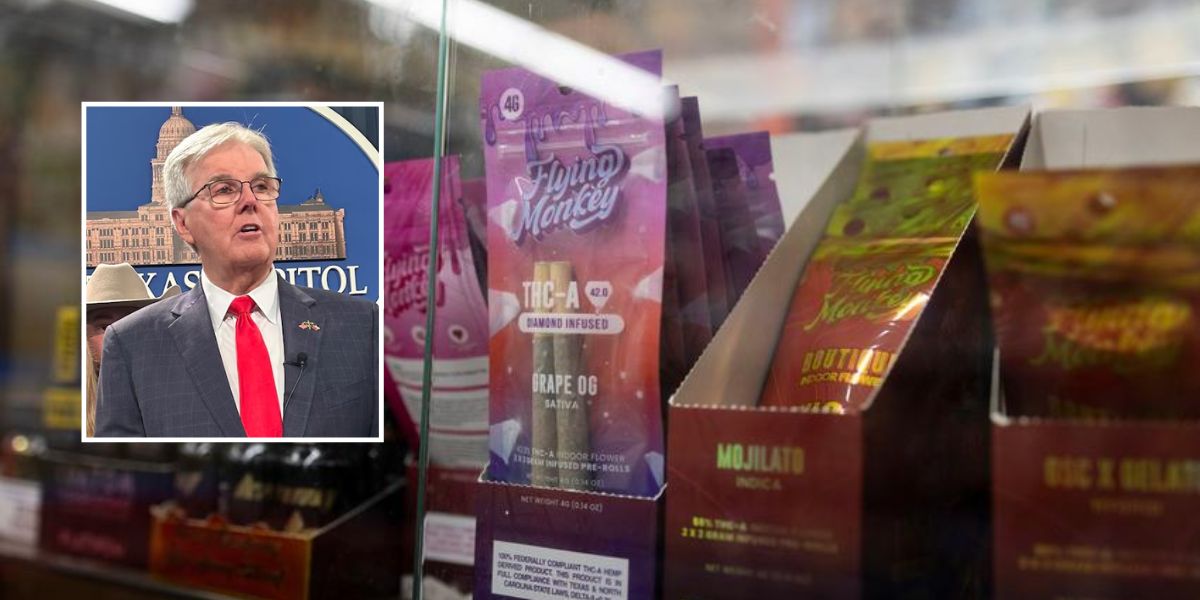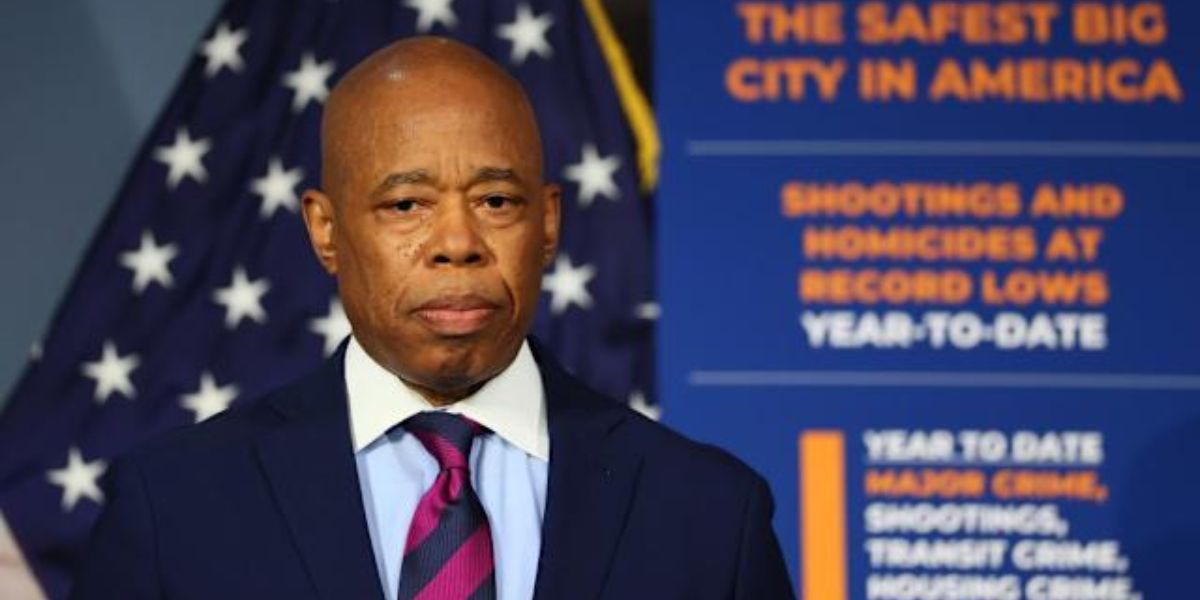In an effort to make atonement for one of the bloodiest racial attacks in American history, Tulsa’s new mayor on Sunday suggested a $100 million private trust as part of a reparations proposal to provide housing assistance and scholarships to descendants of the 1921 Tulsa Race Massacre.
Up to 300 Black individuals were slain in the attack, and the last two centenarian survivors and their descendants would not get direct cash payouts under the plan of Mayor Monroe Nichols, the first Black mayor of Oklahoma’s second-largest city.
The Greenwood Cultural Center, amid the once-thriving neighborhood that was devastated by a white mob, is where he made the news.
According to Nichols, he refers to his comprehensive proposal as a “road to repair” rather than using the politically fraught term reparations.
“This is, I think, a very significant first step,” Nichols stated. “And it’s something we can all unite around. I think we can unite around housing specifically for affected populations. I think we can unite around investing in the Greenwood district and making sure that we’re able to revitalize it to be an economic power again.”
Although the council would have to approve the transfer of any city property to the trust, Nichols stated that the proposal would not need council approval.
The establishment of the private charitable trust would aim to amass $105 million in assets, with the majority of the funds being committed or secured by June 1, 2026.
The plan calls for the majority of the funds, $60 million, to go toward building improvements and rejuvenating the city’s north side, even though specifics of the trust programs would be created over the course of the following year by an executive director and a board of managers.
“The Greenwood District at its height was a center of commerce,” Nichols stated. “So what was lost was not just something from North Tulsa or the Black community. It actually robbed Tulsa of an economic future that would have rivaled anywhere else in the world.”
Following an executive order he signed earlier this year designating June 1 as Tulsa Race Massacre Observance Day, an official city holiday, Nichols’ plan follows suit.
Nichols is also aware of the difficult political crosswinds presented by the current national political environment, especially President Trump’s broad attack on diversity, equity, and inclusion initiatives.
“The fact that this lines up with a broader national conversation is a tough environment,” Nichols stated, “but it doesn’t change the work we have to do.”
Jacqueline Weary is the granddaughter of John R. Emerson, Sr., a massacre survivor who maintained a demolished Greenwood hotel and taxi business.
She recognized that paying descendants in cash presents political challenges. She pondered, however, how much of her family’s fortune had been lost in the massacre.
“If Greenwood was still there, my grandfather would still have his hotel,” Weary, 65 stated. “It rightfully was our inheritance, and it was literally taken away.”
The concept of reparations has been explored by several American cities before Tulsa. The first American city to offer reparations to its Black citizens for historical discrimination was Evanston, Illinois, a suburb of Chicago.
Read Also: Trump Burger Chain Gains Traction in Texas Amid Mixed Reactions
Qualifying households were given $25,000 for home repairs, down payments on real estate, and interest or late fees on city property. Recreational marijuana sales taxes provided the program’s funding.
The state of California, as well as cities like Amherst, Massachusetts; Providence, Rhode Island; Asheville, North Carolina; and Iowa City, Iowa; religious groups like the Episcopal Church; and prestigious universities like Georgetown University in Washington, are among the other communities and organizations that have contemplated making reparations.
Leslie Benningfield Randle and Viola Fletcher are the only two 110-year-old Race Massacre survivors still alive in Tulsa. Both were paid directly by a nonprofit group in Tulsa and a philanthropic organization in New York, but neither the city nor the state have paid them.
Racial justice activists’ hopes that the city would ever provide financial reparations were dashed last year when the Oklahoma Supreme Court dismissed a lawsuit Solomon-Simmons filed on behalf of the survivors.



